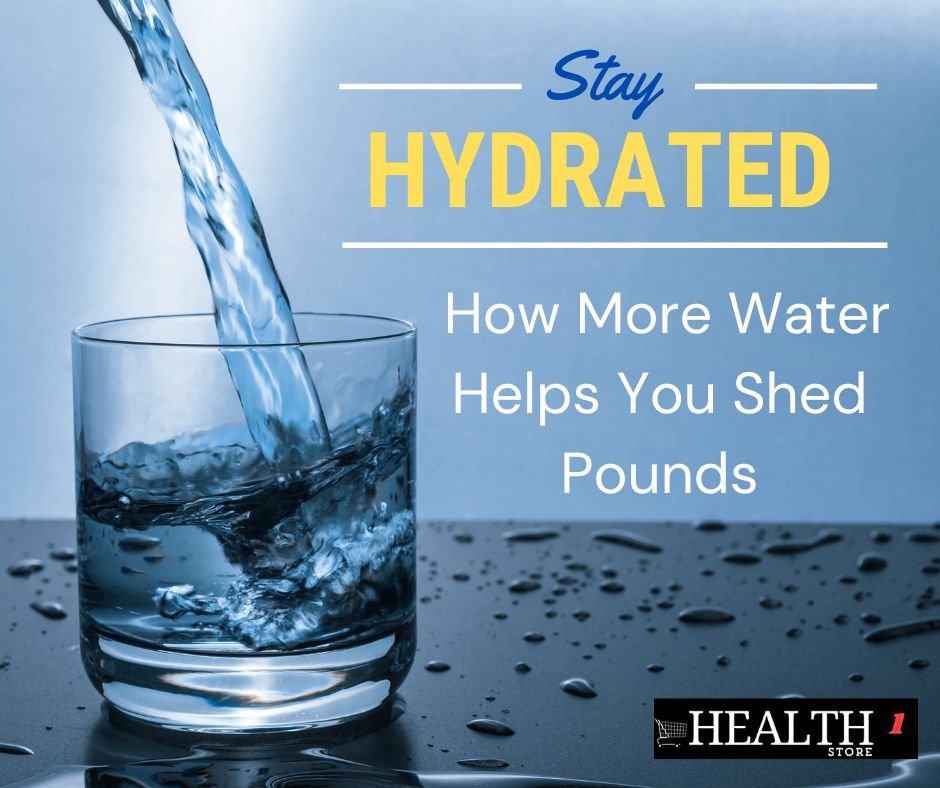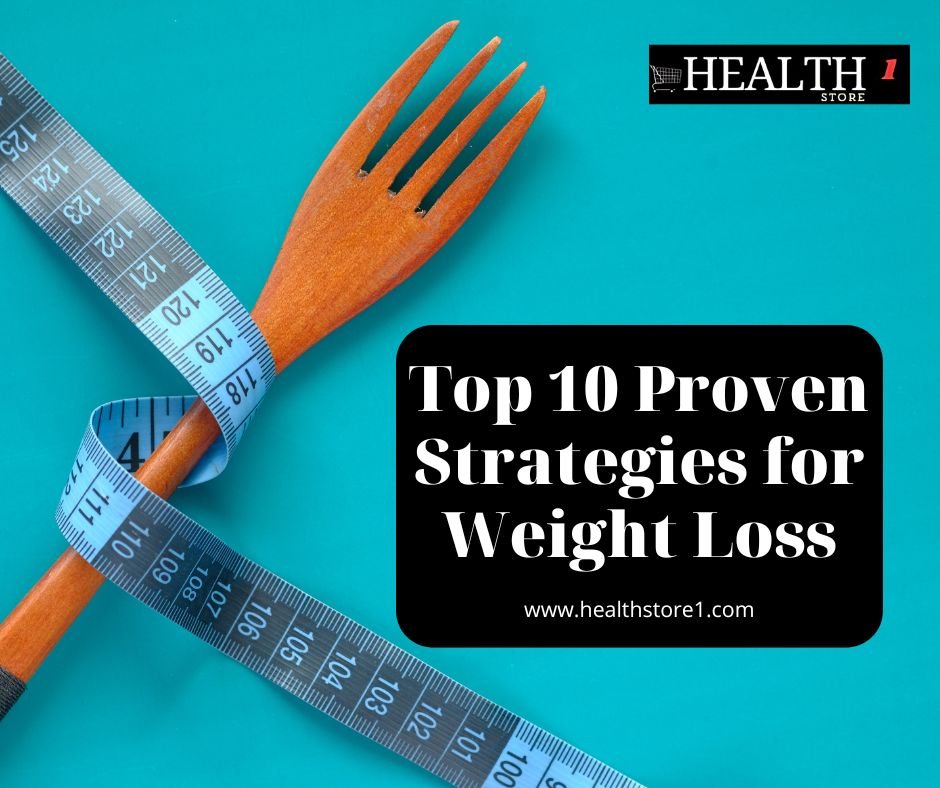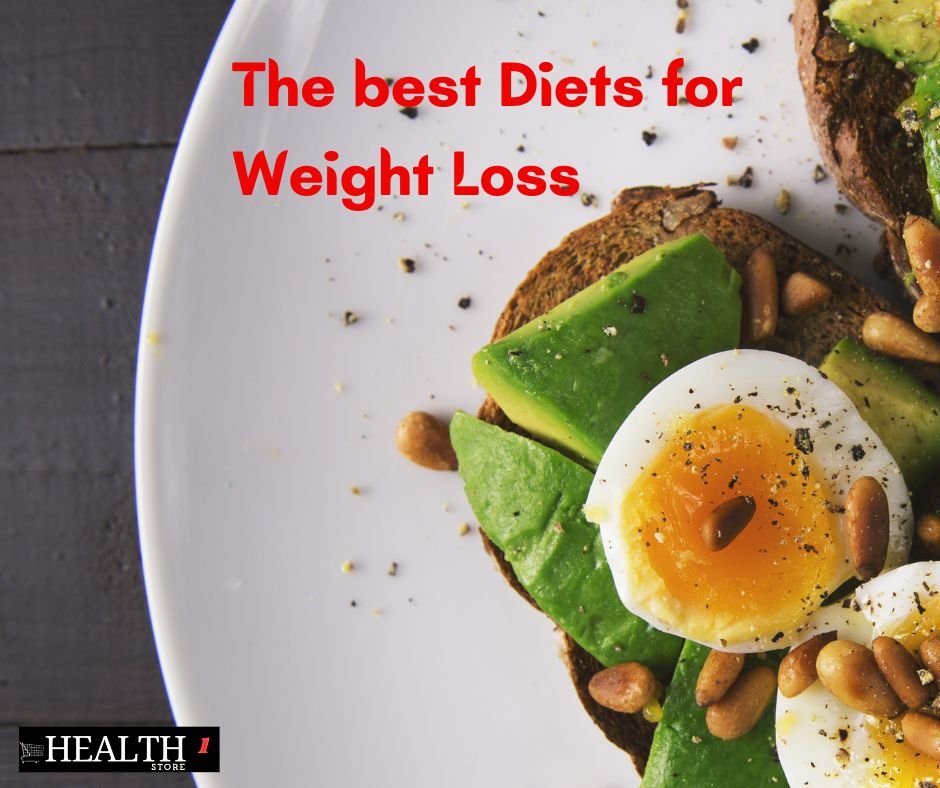Introduction to Hydration and Weight Loss
Water is a vital component of life and plays an essential role in numerous bodily functions. While most people recognize that staying hydrated is critical for overall health, many are unaware of the direct connection between hydration and weight loss. Drinking enough water can significantly enhance your weight loss efforts by boosting metabolism, reducing appetite, and improving fat oxidation. We will explore how proper hydration can help you shed pounds, providing scientific support, tables, and statistics to backup these claims.
Table of Contents
Hydration and Weight Loss
The concept of hydration and weight loss is not just about replacing sugary beverages with water. It’s about how water directly influences your body’s ability to burn fat, regulate hunger, and support optimal metabolic function.
- Metabolism Boost: Drinking water, particularly cold water, increases the number of calories burned at rest (resting energy expenditure). This is often referred to as the thermogenic effect of water.
- Appetite Suppression: Consuming water before meals can reduce overall food intake by promoting feelings of fullness, which leads to consuming fewer calories.
- Fat Oxidation: Proper hydration supports the metabolic processes that break down stored fat and use it for energy, aiding in fat loss.
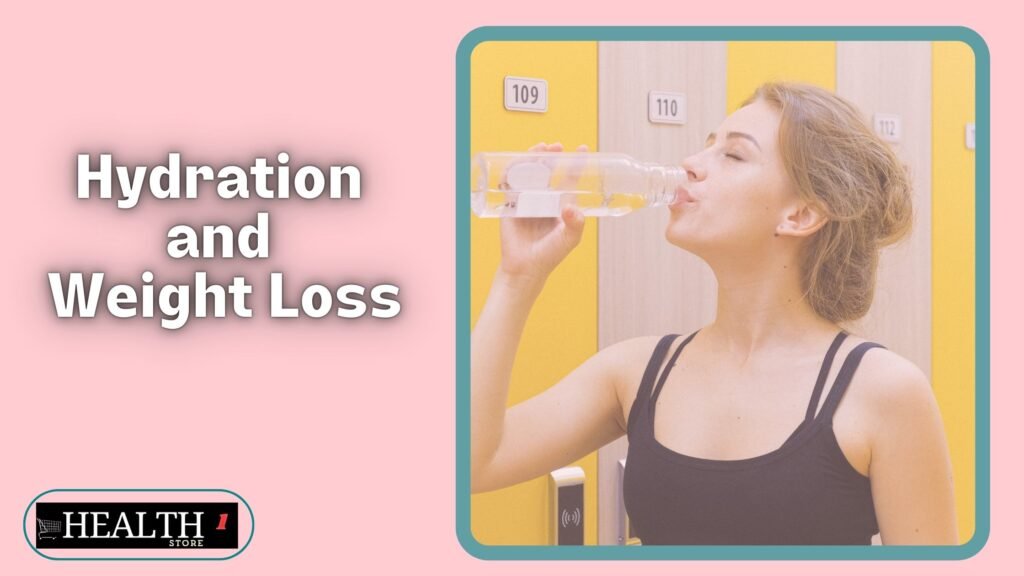
Scientific Studies: Hydration and Weight Loss
Several studies provide evidence that increasing water intake can help with weight loss. Here’s a look at some research that demonstrates the link between hydration and weight loss.
1. Increased Metabolism
A study published in the Journal of Clinical Endocrinology and Metabolism found that drinking 500 mL of water (about 17 ounces) can increase metabolism by 30% within 10 minutes, with the effect lasting for over an hour.
2. Reduced Caloric Intake
Another study in Obesity Research showed that participants who drank water before meals consumed 22% fewer calories than those who did not. This supports the idea that drinking water before eating can lead to significant reductions in overall caloric intake.
3. Fat Oxidation and Hydration
Research published in the Journal of Clinical Nutrition discovered that being well-hydrated can boost fat metabolism. When the body is dehydrated, it struggles to break down fat stores. Proper hydration enhances the ability to oxidize fat, particularly during physical activity.
How Hydration Impacts Key Weight Loss Factors
1. Water Boosts Calorie Burning
As noted in the studies above, drinking water can significantly increase your resting energy expenditure. This means that even at rest, your body will burn more calories if you’re properly hydrated. Cold water, in particular, causes a thermogenic effect, requiring the body to expend extra energy (calories) to warm it up to body temperature.
According to studies, drinking 2 liters of water/day can burn up to 100 extra calories. While this may not seem like much, it can lead to a weight loss of 8 pounds (3.6 kg) per year—without any dietary changes.
2. Water Curbs Hunger and Reduces Calorie Intake
One of the most effective ways hydration and weight loss are connected is through appetite suppression. Many people mistake thirst for hunger, leading to unnecessary snacking and overeating. Drinking water before meals helps fill the stomach, creating a sense of fullness that can reduce the total amount of food consumed.
A clinical trial involving overweight adults found that participants who drank 500 mL of water before each meal lost 44% more weight over 12 weeks compared to those who didn’t drink water before meals.
3. Water Enhances Exercise Performance and Recovery
Exercise is a key part of any weight loss plan, and proper hydration is critical to maintaining optimal physical performance. Dehydration can lead to fatigue, reduced endurance, and impaired fat oxidation during exercise.
- Muscle Efficiency: Hydration ensures that your muscles can function efficiently, which improves performance during both cardio and strength training exercises.
- Faster Recovery: Drinking enough water helps to flush out toxins, reducing soreness and promoting faster muscle recovery, which allows for more consistent exercise routines.

| Hydration Level | Impact on Exercise |
|---|---|
| Proper hydration | Increased endurance, better fat oxidation |
| Dehydration | Reduced performance, fatigue |
How Much Water Should You Drink for Weight Loss?
The standard recommendation for water intake is 8 glasses (2 liters) a day, but individual needs vary depending on factors like age, weight, and activity level. For weight loss, some experts suggest aiming for 1-2 liters more than usual, particularly if you are physically active.
Here’s a guideline based on body weight:
| Body Weight | Daily Water Intake (approximate) |
|---|---|
| 120 lbs (54 kg) | 2.5 liters (85 ounces) |
| 150 lbs (68 kg) | 3 liters (101 ounces) |
| 180 lbs (81 kg) | 3.5 liters (118 ounces) |
| 200 lbs (90 kg) | 4 liters (135 ounces) |
Additionally, it’s important to adjust water intake based on climate (hot weather increases the need for water), exercise frequency, and overall health.
Tips to Stay Hydrated
Staying hydrated can sometimes be a challenge, but incorporating the following tips can help ensure you’re drinking enough water to support your weight loss journey.
1. Drink Water Before Meals
Drinking water before meals is a simple way to reduce hunger and prevent overeating. Aim to drink 500 mL (17 ounces) of water 30 minutes before each meal for optimal results.
2. Carry a Water Bottle
Keep a reusable water bottle with you throughout the day. This makes it easier to sip water regularly and ensures you meet your hydration goals.
3. Add Flavor to Your Water
If plain water doesn’t appeal to you, try adding natural flavorings like lemon slices, cucumber, or mint. This can make the habit of drinking water more enjoyable.
4. Eat Water-Rich Foods
Incorporate water-rich foods such as cucumbers, watermelon, oranges, and lettuce into your diet. These foods can contribute to your overall hydration levels while providing essential vitamins and minerals.
| Water-Rich Foods | Water Content |
|---|---|
| Cucumber | 96% |
| Watermelon | 92% |
| Oranges | 86% |
| Lettuce | 95% |
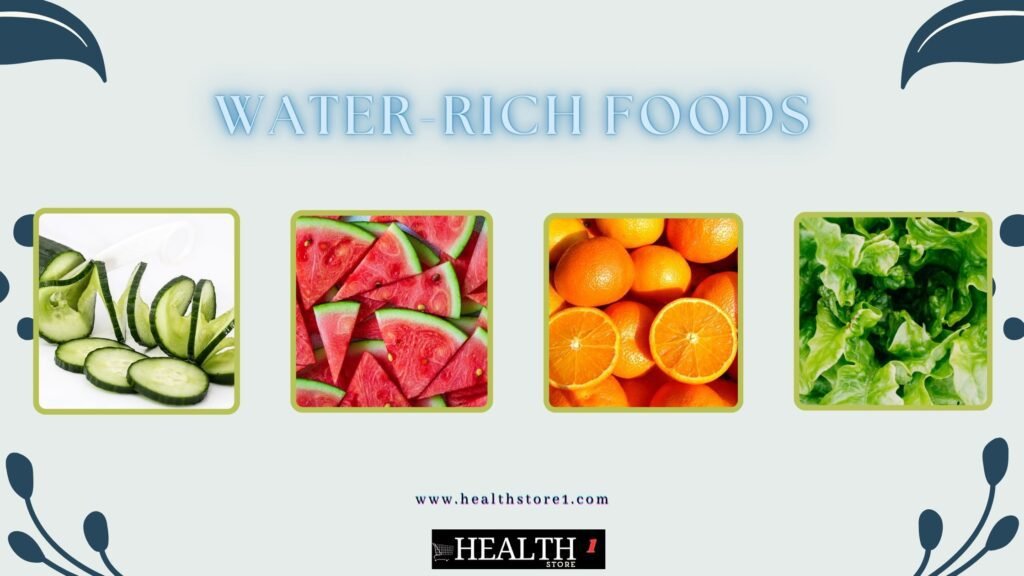
5. Set Hydration Goals
Use a hydration app or set reminders on your phone to track your water intake throughout the day. This helps ensure you’re staying on track with your hydration and weight loss goals.
Conclusion: Hydration and Weight Loss—The Perfect Pair
Hydration and weight loss go hand-in-hand. Proper hydration boosts metabolism, suppresses appetite, and improves exercise performance, all of which contribute to more effective and sustainable weight loss. By drinking enough water, especially before meals, you can reduce your calorie intake, burn more fat, and accelerate your weight loss journey.
It’s not just about drinking water; it’s about incorporating water as an essential part of your lifestyle. Whether through food, beverages, or mindful hydration practices, staying hydrated is one of the simplest, yet most effective, strategies for losing weight. So grab your water bottle, stay hydrated, and watch the pounds melt away!

